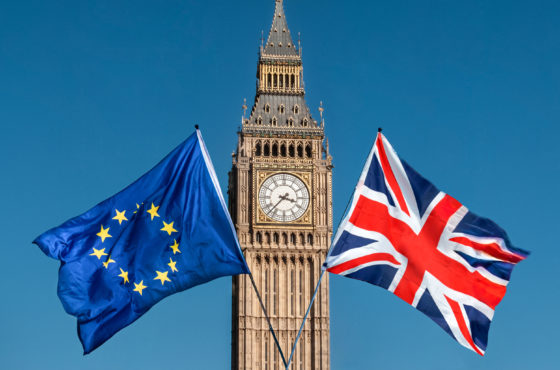Let’s talk about private equity in 2017 and beyond
We’re looking at a hugely unstable political time globally, and particularly in Europe, which has been influencing Private Equity (PE) deals so far this year, and will continue to do so.
A range of seismic changes in the political outlook of the UK (with Brexit), the transition of power to a Republican government in the US and vital elections in Germany and France are all having an effect.
As Brexit negotiations are just starting, and we’ve just seen the surprise snap General Election return a minority government, this political instability doesn’t appear to be going anywhere soon. Is it surprising then that studies* are consistently showing that professionals are less optimistic than they were this time last year?
First quarter shows strong PE dealmaking
Interestingly, despite a general dip in optimism, and the ongoing political upheaval, reports* show that Q1 2017 was strong for European PE deals. PE deals completed were valued at €82.5billion, only slightly lower than the amount recorded during Q1 2016 (€89.8 billion).
This €82.5billion was spread across 554 transactions, and reflects a high amount, despite being registered as a decline. It only shows as that due to the inflated figures following the initial recovery from the global recesson in 2015.
This steady activity throughout Q1 put down to PE firms carrying out successful fundraising in addition to a less expensive market. These factors have made it simpler for PE firms to flesh out deals.
Increasing deals within tech sector
In Europe, as in the US, PE investors are looking for more deals within the tech sector. Deals in IT made up around 20 per cent of all completed deals in Europe. There’s no doubt that tech investments are becoming more attractive as investments for PE companies.
For me, they’ve always been a pull, due to the relatively fast start up times. The fact that online and digital companies can generally get going within weeks, rather than months or years, and the fact that they generally need lower operating capita to get products up and running, makes them the best choice for early investment.
Exiting JustGo by selling to Tunecore in 2016 is a great example of seeing the visionary potential in a tech start up, working with them to grow the company and making a great deal when the time is right. Being confident enough to invest in a vision and working with entrepreneurs remains our primary investment area.
Fundraising will likely remain high
In 2016, European fundraising reached a high due to the optimism of post-financial crisis. Throughout this year, it’s likely to stay strong. The Q1 results bear this out, with €18.7 billion raised across 30 funds. Ireland and the UK were responsible for most of fundraising activity, with 72 per cent of total money raised.
Exits continue to decrease
The number of exits continue to go down, in an echo of global trends. During the first three months of 2017, there were 234 exits at a value of €41.2 billion. It looks like selling to PE investors or to strategic investors will be the best exit channels for 2017.
As with every year, active management of portfolios is the key to success for all PE managers. The most important way to increase value is with new products and services, closely followed by add-on acquisitions.
Targeting the real equity gap by judiciously offering seed funding to start ups can pay off hugely. We invested in AppyParking at the earliest stage and have seen it grow into an enormous success, thanks to accelerating their growth and creating a sustainable investment model. Yes, it’s about protecting our investment, but it’s also about helping visionaries soar ahead.
– Freddie Achom




